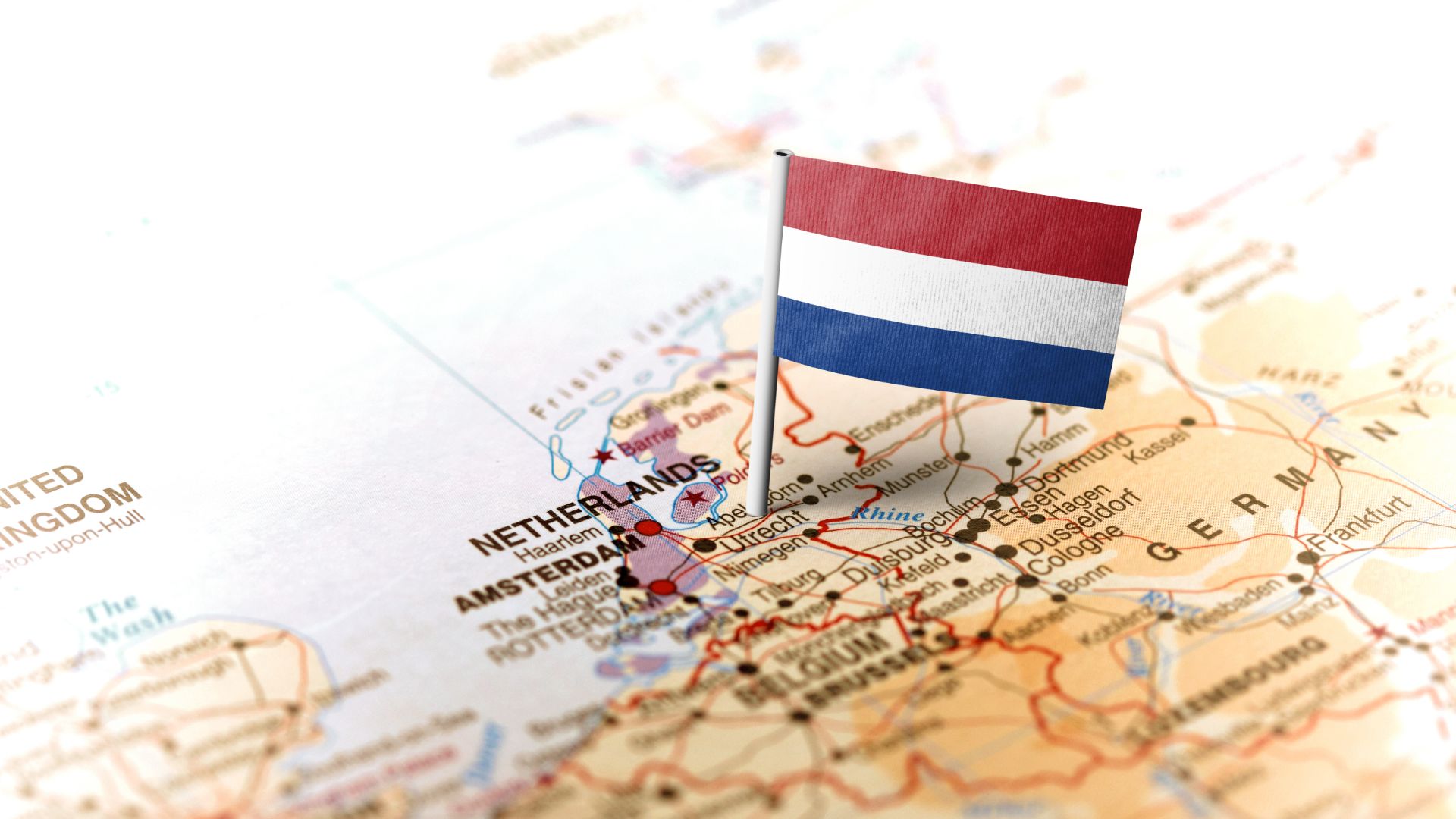Navigating Duty of Care
When a Dutch employee boards a plane for Nairobi or heads to the university lab on a quiet Thursday afternoon, their employer carries a legal and moral obligation: to ensure their safety. This is the essence of zorgplicht, the Dutch principle that defines Duty of Care. It’s more than just a box-ticking exercise or compliance buzzword. It’s about foresight, responsibility, and trust.
In this article, we unpack what Duty of Care means within a Dutch legal and organisational context, and how Securewest International supports businesses, universities, and NGOs in meeting their obligations both locally and abroad.
What Dutch Law Says About Duty of Care Responsibilities
Legislation
In the Netherlands, Duty of Care is enshrined in several pieces of legislation, most notably the Arbeidsomstandighedenwet (Working Conditions Act). Employers are legally required to ensure a safe and healthy working environment, assess and mitigate risks, and provide clear safety protocols. Zorgplicht implies proactive protection of staff and associated individuals under an organisation’s care, not just in the workplace, but anywhere their work may take them.
Requirements
From maintaining up-to-date risk assessments to providing adequate training and equipment, the requirements of Duty of Care are detailed and ongoing. Dutch law places the burden squarely on the employer to take all reasonable measures to prevent foreseeable harm. This extends to travel planning, mental health support, and ensuring workplace hazards are mitigated.
Compliance
Compliance is not a one-time action but a continuous cycle of assessment, training, and auditing. Compliance Managers and Heads of Safety are tasked with integrating safety practices into every tier of the organisation. Many companies now adopt integrated Travel Risk Management (TRM) strategies, combining intelligence monitoring, travel safety alerts, emergency response protocols, and staff training into a cohesive compliance framework.

Key Duty of Care Responsibilities in The Netherlands
Duty of Care in the Workplace
Every Dutch employer has a fundamental responsibility to protect their workforce. That includes both physical safety and psychological well-being. Under zorgplicht, employers must carry out regular risk assessments, ensure health and safety policies are current, and make sure all staff are adequately trained.
This might mean providing ergonomic furniture in the office or briefing a field engineer on political unrest before an overseas trip. In sectors like construction, healthcare, or logistics, obligations are even more stringent, requiring additional safeguards like personal protective equipment (PPE), up-to-date certifications, and structured incident reporting systems.
Duty of Care in Higher Education
Universities and higher education institutions also fall under the umbrella of zorgplicht. Whether it’s safeguarding researchers working abroad or supporting students during international placements, the same principles apply.
For example, when Utrecht University sends students to partner institutions in Southeast Asia, they must ensure robust pre-departure training, accessible mental health support, and a clear emergency communication protocol. One real-world case involved a Dutch student in South America who fell ill during field research; because the institution had a 24/7 response partner and travel insurance protocols in place, the student received immediate care and safe repatriation.
International Perspectives on Duty of Care
While the Dutch model is shaped by zorgplicht, international frameworks of Duty of Care share common themes.
- Duty of Care in the US: In the US, Duty of Care is often defined through case law and corporate responsibility standards. Employers are expected to identify foreseeable risks, implement reasonable precautions, and ensure employee safety through risk mitigation strategies and responsive emergency planning.
- Duty of Care in Germany: In Germany, Duty of Care is closely tied to workplace safety laws and the employer’s responsibility to protect both physical and psychological health. German organisations are also required to conduct thorough risk analyses and implement travel safety policies when employees operate abroad.
- Duty of Care in France: France’s approach includes strict employer responsibilities under the French Labour Code. Companies must prevent risks, inform and train employees, and assess all professional hazards—especially during travel or international assignments. The “obligation de sécurité” reinforces the moral and legal weight of Duty of Care.
What Dutch Employers Must Consider in High-Risk Locations
Sending staff abroad brings added layers of responsibility, especially when travel involves volatile or high-risk regions. From political instability to natural disasters and health crises, the risks are dynamic.
Dutch employers are expected to monitor travel safety alerts, prepare robust travel risk assessments, and brief employees with location-specific guidance. That includes everything from cultural awareness to emergency evacuation procedures.
In practice, some organisations are already taking proactive steps to meet these expectations. One NGO, prior to deploying aid workers to East Africa, partnered with Securewest for hostile environment training and live alert monitoring, ensuring their team remained secure and informed at every stage.

Best Practices for Dutch Travel Risk Management
Ensuring the safety of employees during travel is paramount. Dutch organisations can enhance their Duty of Care by implementing the following strategies:
- Pre-Travel Risk Assessments: Evaluate potential threats at destinations, considering political, health, and environmental factors.
- Real-Time Safety Alerts: Utilise platforms that provide up-to-date information on emerging risks, enabling swift responses.
- Comprehensive Travel Policies: Develop clear guidelines outlining procedures for emergencies, communication protocols, and support systems.
- Employee Training: Offer training sessions to prepare staff for cultural differences, safety practices, and emergency responses.
By adopting these practices, organisations not only comply with legal obligations but also foster a culture of care and preparedness.
Protecting Your Personnel During Travel
In an interconnected world, where staff move frequently between cities and continents, zorgplicht is more relevant than ever. Employers, universities, and NGOs in the Netherlands must go beyond basic compliance to cultivate a culture of care, where risk is understood, mitigated, and managed.
Securewest International partners with organisations to deliver tailored travel risk strategies, combining real-time updates, emergency support, and pre-travel intelligence. With expert guidance and dependable solutions, we help Dutch organisations uphold their Duty of Care, so your people stay safe, and your mission stays on course.
